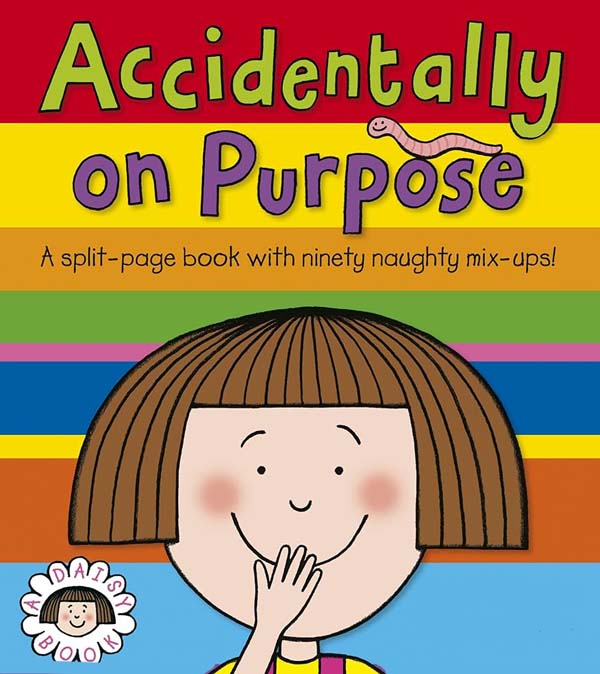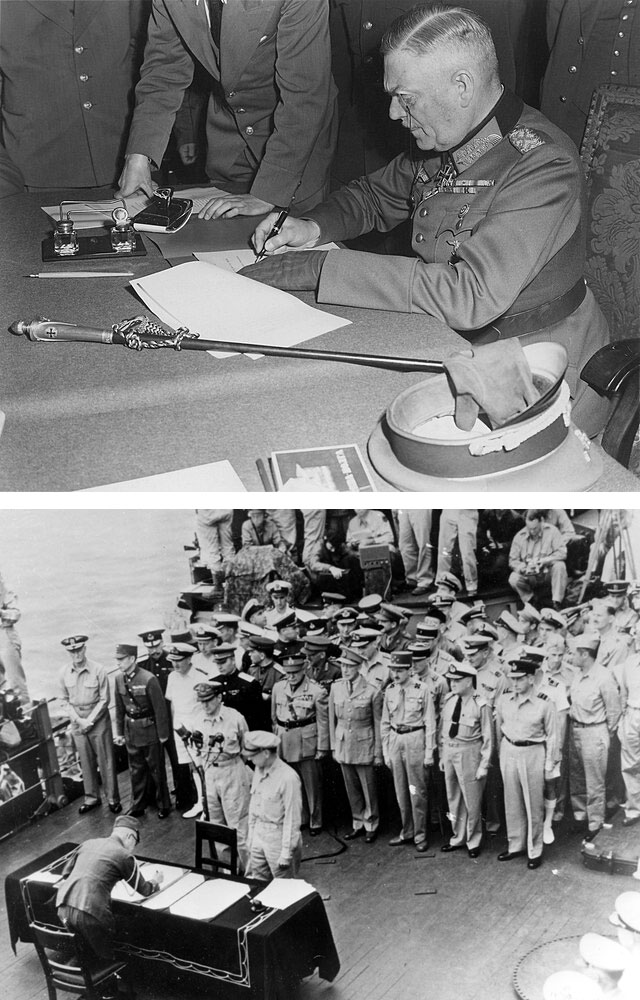Through a public records request, the Guardian today obtained the final draft version of the proposed “Team Non-Relocation Agreement” between the Rays on the one hand, and the City of St. Petersburg and Pinellas County on the other hand. Thus we are breaking the news that the proposed agreement contains no specified damages if the team were to leave.
The agreement “would prescribe the financial penalty if the Rays break things off with the city before the deal expires in 30 years,” the Tampa Bay Times claimed one week ago. But Article 5 of the agreement, “Defaults and Remedies,” provides mellifluous but meaningless mumbo-jumbo before declaring that an injunction is “the only appropriate remedy for enforcement of this agreement.”

Attorneys we contacted for comment on this breaking news were not immediately available for comment, but it seems the agreement basically says that the city or county can get a court order to enforce non-relocation. But specified monetary damages? No.
The Rays could make millions of dollars playing elsewhere while fighting any attempt to get a court order from an overloaded and thus slow-moving court system. They might even be able to play an entire summer in Montreal.
There are also giant loopholes in the agreement. For example, the term “Alternate Site Condition” means the existence of any number of different conditions which would allow the team to temporarily play somewhere else. That “somewhere else” doesn’t have to be in St. Petersburg, or even in the US.
One such condition is that if MLB (Major League Baseball) determines that the condition of the Rays stadium is such that “MLB Rules and Regulations [consistently applied to all teams] prohibit the playing of Team Home Games at the Stadium.” All that is needed is “a written direction, declaration or ruling from MLB” for that clause to kick in.
What the language doesn’t say is “MLB Rules and Regulations as written at the time of this agreement.” By not having such language, MLB could use the absence of it to force upgrades to the Rays stadium, and stadiums around the country, by simply changing their own rules. Leading to expenses for the taxpayers that were not contemplated or budgeted for , or changes that were unknowable, at the time of the agreement.
The term “MLB Rules and Regulations” is defined in the proposed Team Non-Relocation agreement (snippet of it), but the definition is over 160 words long and very broad. Local taxpayers may be left holding the bag once again, and that may not go over so well in times of inflation and high interest rates.
“Calculating a total amount of damages to a city and its inhabitants that would be caused by the relocation of a city’s MLB team is an impossible task,” attorney Martin Greenberg wrote in this 2010 law review article. Greenberg is the founder of the National Sports Law Institute at Marquette University Law School.
“Liquidated damages [a specified dollar amount] clauses are appropriate in situations where damages amounts may be difficult to determine,” Greenberg also wrote.

If determining damages is “impossible” in these kinds of situations, then it follows that a liquidated damages clause should be in any Team Non-Relocation Agreement. However, St. Petersburg Mayor Ken Welch, and possibly also a majority of Pinellas County commissioners, apparently don’t agree.
“Liquidated damages provisions have been a relatively recent addition to non-relocation agreements,” Greenberg wrote in the 2010 law review article, at a time when five MLB teams’ non-relocation agreements already had such clauses. ” Some agreements do not contain a liquidated damages clause but still provide for the home city’s recovery of monetary damages for the team’s breach.”
The inclusion of so-called “equitable remedies” for breach of contract, as in this agreement, does not guarantee that those remedies will always be granted, Greenberg wrote in his law review article. “In such cases, liquidated damages clauses will become vital to the recovery of damages for loss of intangible benefits to the city.”
What appears more vital to many elected politicians is that they hurry up and sign MLB’s standard “Team Non-Relocation Agreement” (a.k.a. as “Unconditional Surrender Agreement”). Allowing voters to vote on whether they want to use public funds for pro sports stadiums may result in a resounding no, as ESPN reported was the case just yesterday in Kansas City. Voters rejected continued handouts for both the MLB team Kansas City Royals and the NFL team Kansas City Chiefs, despite the latter having won three Super Bowls in the last five years.
At this time, we wanted to get our readers the agreement as soon as we had it. We intend to seek legal comments from experts and write a follow-up article with more analysis on this agreement.
Speaking of intending and things intentional: St. Petersburg Mayor Ken Welch says he’s committed to “intentional equity” and included it as one of the “23 Guiding Principles” for this pro baseball stadium project. But is Welch’s rebranded redistributionism allowing the Rays to use their pitch to intentionally hit the city with a fastball? So to speak.
If that is the case, a catcher may have to step in, but a different kind of catcher: a catcher in the rye — someone who saves children from falling off a cliff. Such a person may also prevent elected politicians from ending their careers by voting for what reads more like an unconditional surrender agreement.
As always….the Guardian reports and the readers decide. Please like our Facebook page to find out when we publish new stories.
READ ALL OUR REPORTING ON THE ST. PETE STADIUM PRO BASEBALL PROJECT



